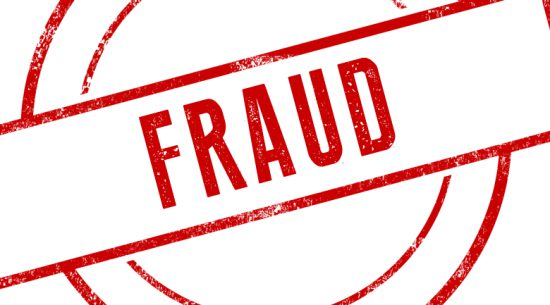Financial Fraud Action UK released figures which found that fraudsters stole £755m from British consumers and financial institutions during 2015 – a 26% increase on the year before. The figures reported that remote banking fraud saw the biggest growth, leaping by 72% last year, with more than £168m being stolen from unsuspecting victims.Here to comment on this news is John Lord, MD of identity data intelligence specialists GBG who argues that we actually need more personal data to combat these rising levels of fraud.
John Lord, MD of identity data intelligence specialists GBG:
“As instances of fraud increase, so too does the butterfly effect it creates. The impact of a single fraud can be felt by the individual or business long after it has taken place. When your ID is stolen your details are compromised and are very likely to be blocked by the organisation involved. But if that happens to be your bank account, what happens to your recurring payments, subscriptions or even your credit history? Putting a complete stop against your identity data can sometimes cause more harm than good, such as inadvertently defaulting on a mortgage payment.
It’s therefore vital that organisations take a wide-ranging view of identity to ensure those impacted by fraud do not experience additional problems because their account is blocked. If someone who recently experienced a card fraud is attempting to make payments to an online retailer for instance, the organisation should be able to request additional, uncompromised personal information in order to authenticate the customer, rather than simply stop the transaction entirely. In the battle against fraud, we actually need access to more personal data – not less. Otherwise how can you validate that what you have been told by the customer is authentic?
Data is a force for good; it’s a big part of the solution to combating fraud and cybercrime. By having an open and transparent data exchange between consumers and organisations, it actually means there is more ‘good’ data in circulation. This can then be used to provide accurate insights and intelligence that will help stop the increasing number of bad guys in their tracks.”
The opinions expressed in this post belongs to the individual contributors and do not necessarily reflect the views of Information Security Buzz.



